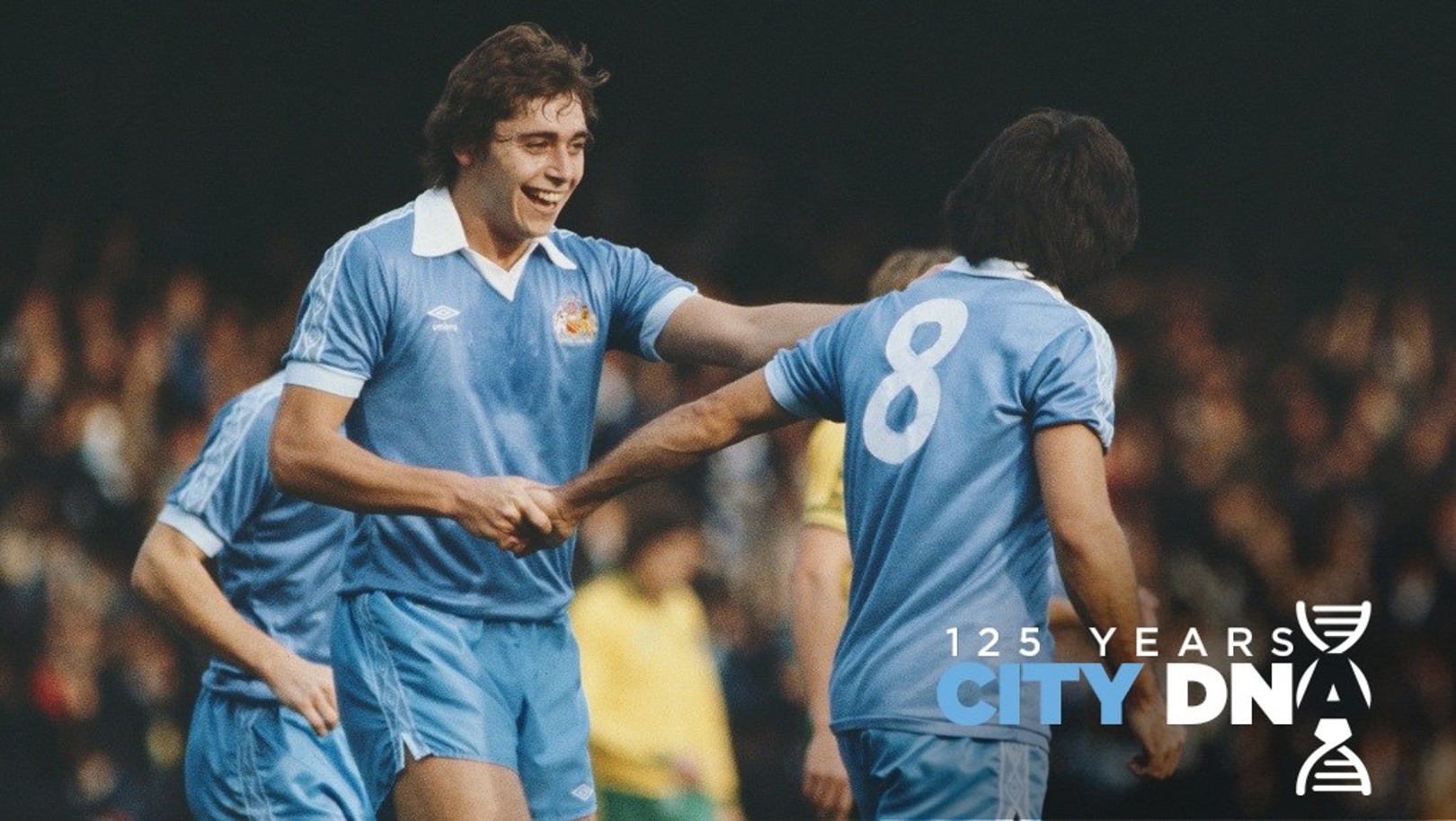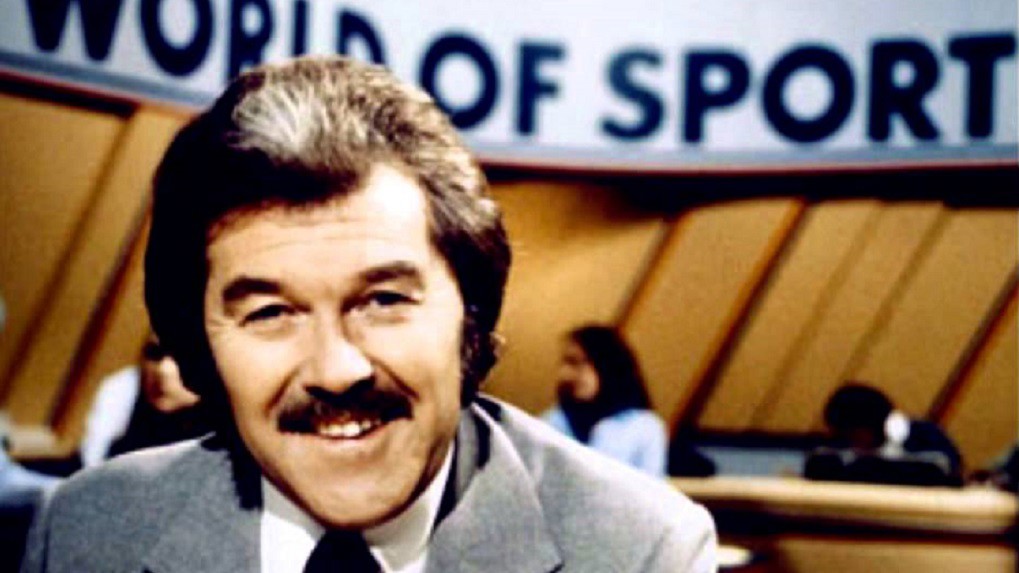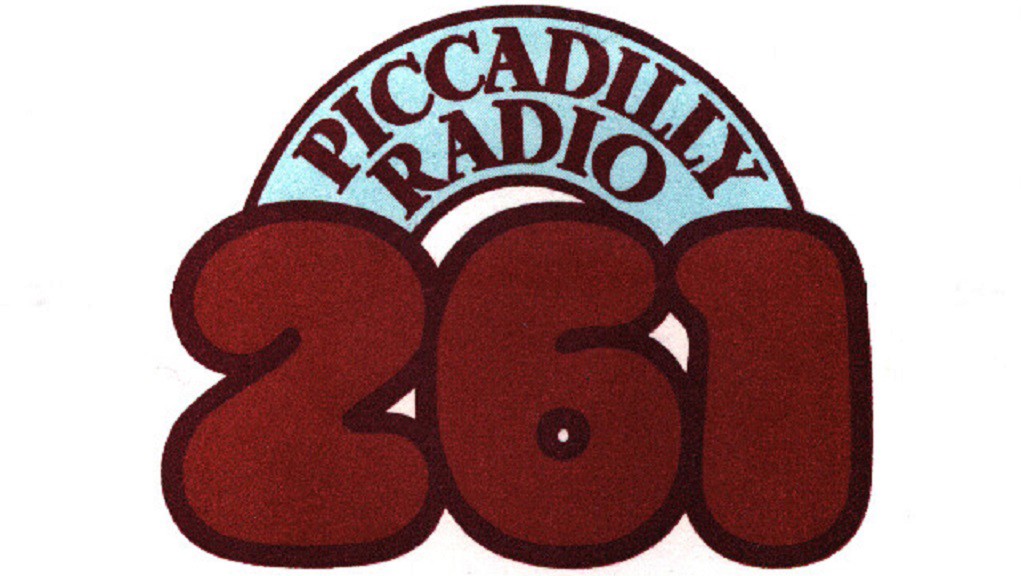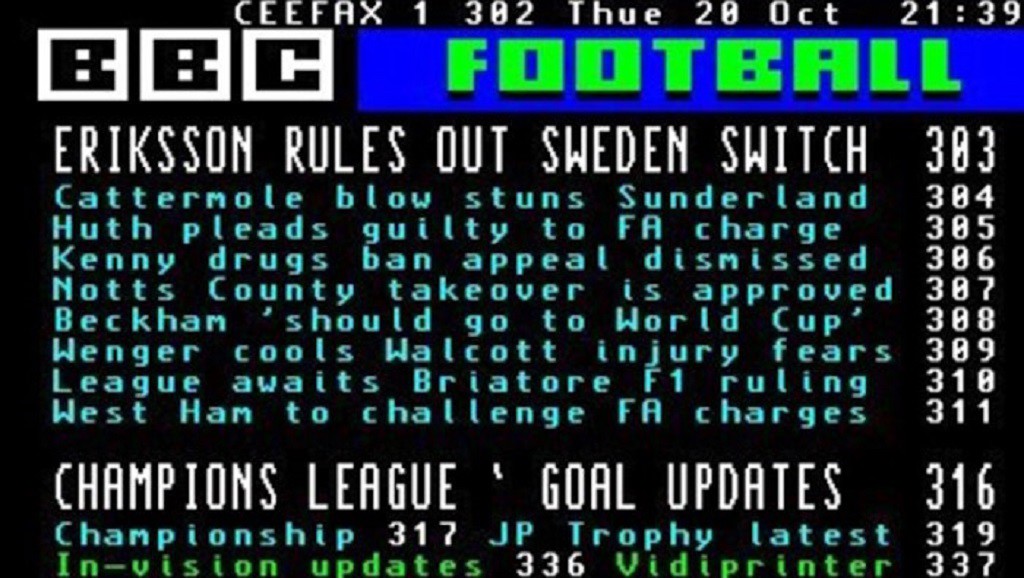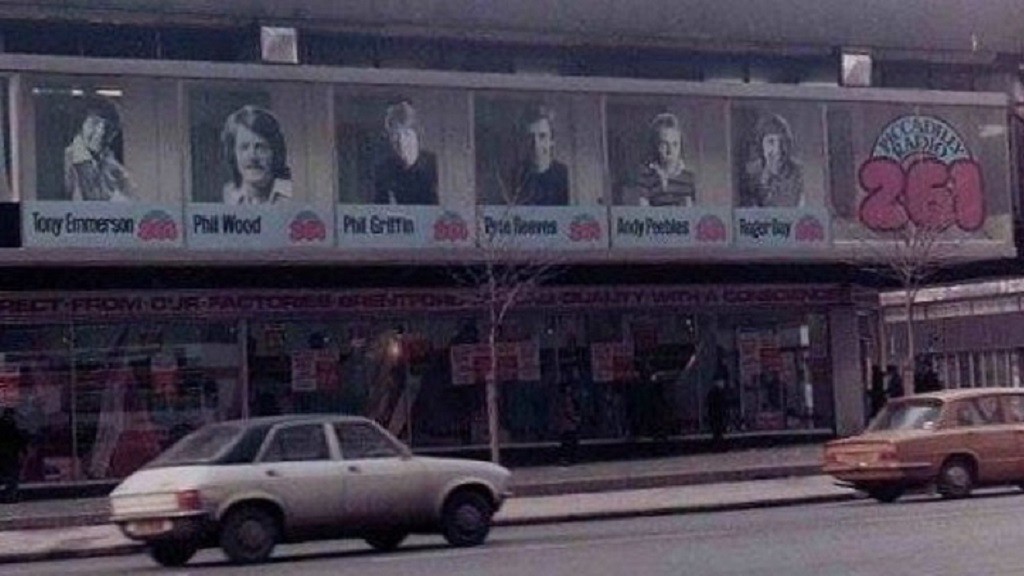ITV had the Saturday afternoon ‘World of Sport’, hosted by Dickie Davies, but that would give you half-time scores and then the excitement of the teleprinter for full-time (think automatic typewriter and you’d be in the right ballpark).
READ: City DNA: Hutch’s story
READ: City DNA: The Football Pink
BBC had ‘Grandstand’, presented by Frank Bough and this two would offer half-times and a teleprinter at full-time (later to become the high-tech vidiprinter). Later they would inform viewers with ‘Football Latest’ updates during horse racing, Grand Prix, rugby union or whatever.
You might see: ‘Football Latest: Chelsea 0 Man City 1’ and so on during the game.
The BBC also had Ceefax – a text-based information service with various pages that on matchdays would offer updates on scores, though it was fairly basic.
But aside from that, there were no live games to watch (other than major cup finals), no Sky Sports and no mobile phones for live notifications.
Imagine…
For the majority of City fans not at the game, Manchester’s Piccadilly Radio was the source of all the best and latest information on the Blues.
Of course, the caveat was that United had equal billing, as well as coverage of Stockport County, Bolton, Oldham, Bury and Rochdale.
As far as creating a sense of a football community, it was perfect.
And it also created mini-celebrities for both City and United fans in the shape of commentators Brian Clarke and Tom Tyrrell.
Clarke was City’s roving reporter, and Blues’ fans would hang on his ever word on matchdays as the regular updates were aired after a couple of music tracks were played.
Piccadilly Radio’s coverage was essential listening, especially when the Blues were away, but there were also the iconic updates during the music of ‘It’s a goal!’ or, perish the thought, ‘Oh, no!’
The music would have to finish before the anchor DJ would then go live to one of the games.
So, the ‘It’s a goal!’ jingle could easily be for Rochdale as much as it could be a goal for City. It was an agonising wait to find out and ever worse if ‘Oh, no!’ was played.
Restrictions by The Football League meant games could later enjoy second-half live commentary, but these were shared out among the local sides, though mainly were City or United.
Piccadilly Sport ran from 1pm to 5.30pm on Saturdays, with almost an entire fixture list kicking off at 3pm.
Towards the end of the decade, this was extended to 7pm for analysis and the start of the popular post-match radio phone-ins. It was all embryonic stuff, but all forerunners of the coverage we enjoy today.
The format would last for more than a decade with City’ game often co-commentated by James H Reeve and United’s by former Reds’ boss Tommy Docherty.
The arrival of the Premier League and Sky Sports’ emergence meant that broadcasting rights changed significantly – as did the rights to cover games – effectively pricing out many local stations’ weekend coverage.
BBC Radio Manchester effectively took the baton from there on and City fan Ian Cheeseman would become synonymous with local coverage on matchdays.
Piccadilly Radio eventually ceased covering football completely, signalling the end of a magical era when you had to work to get your updates on the Blues.
And nobody ever quite managed to capture the drama of those ‘It’s a goal!’ or ‘Oh, no!’ jingles that both delighted and terrified a generation of City fans for more than a decade…

